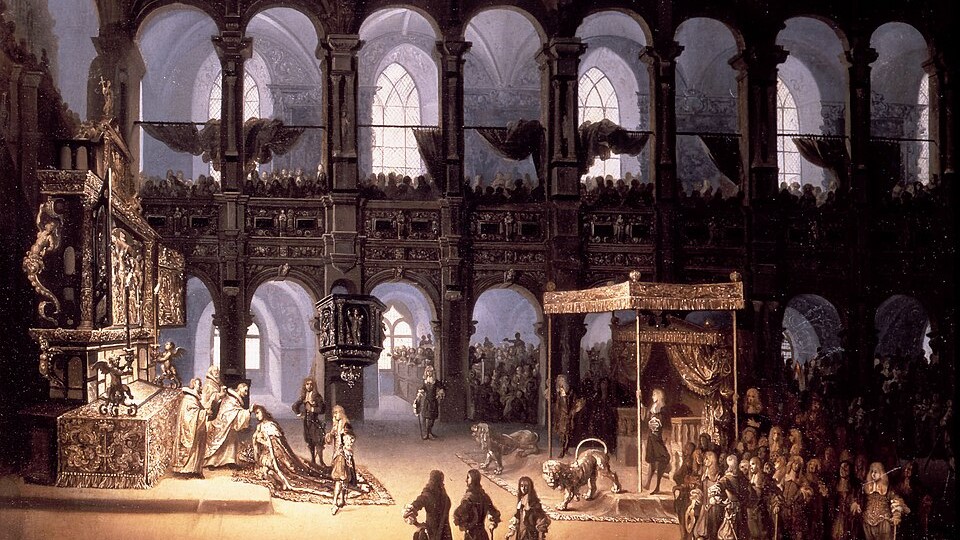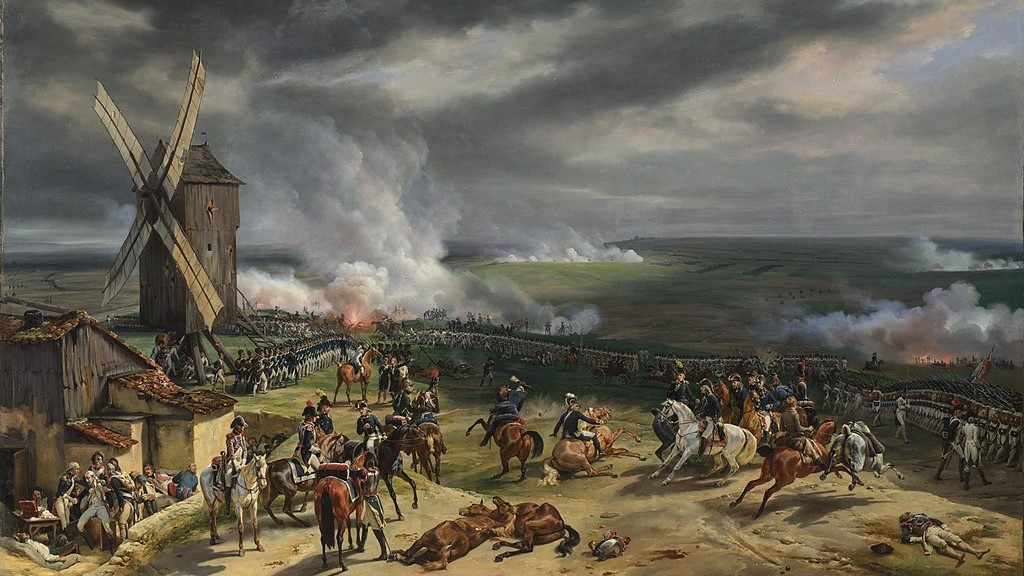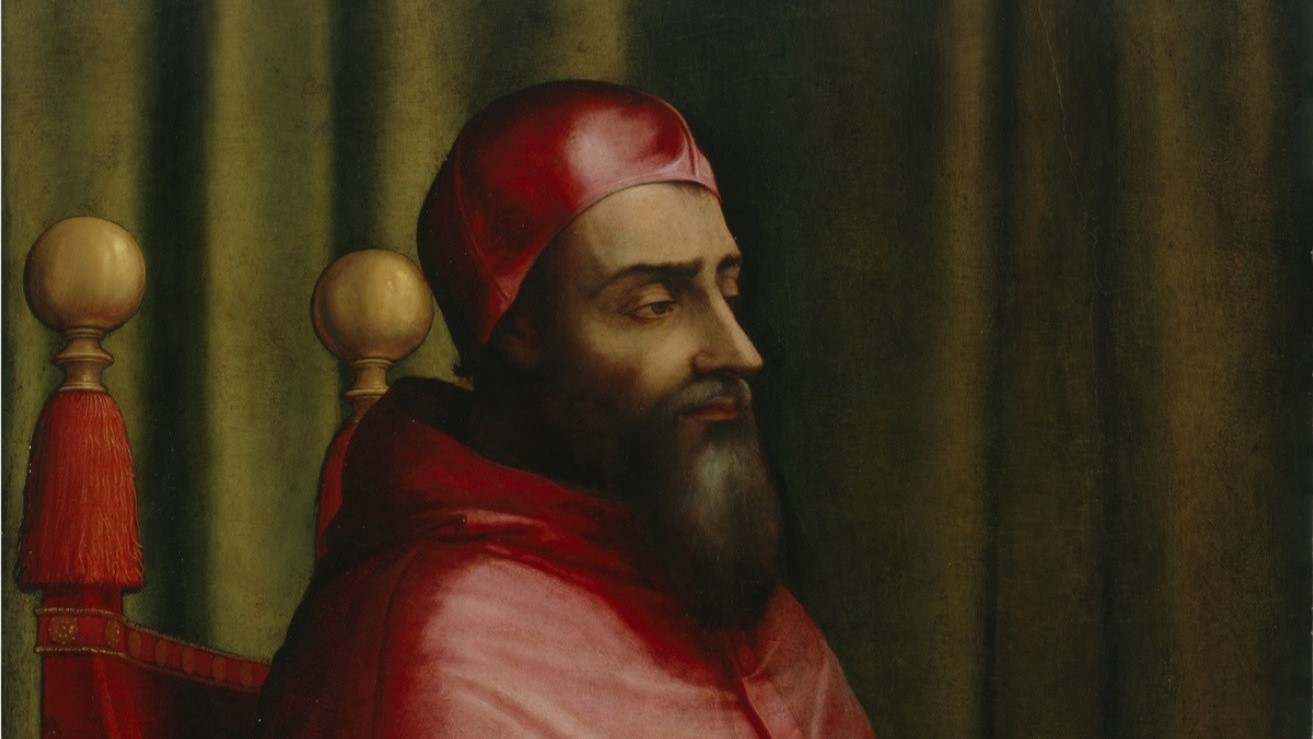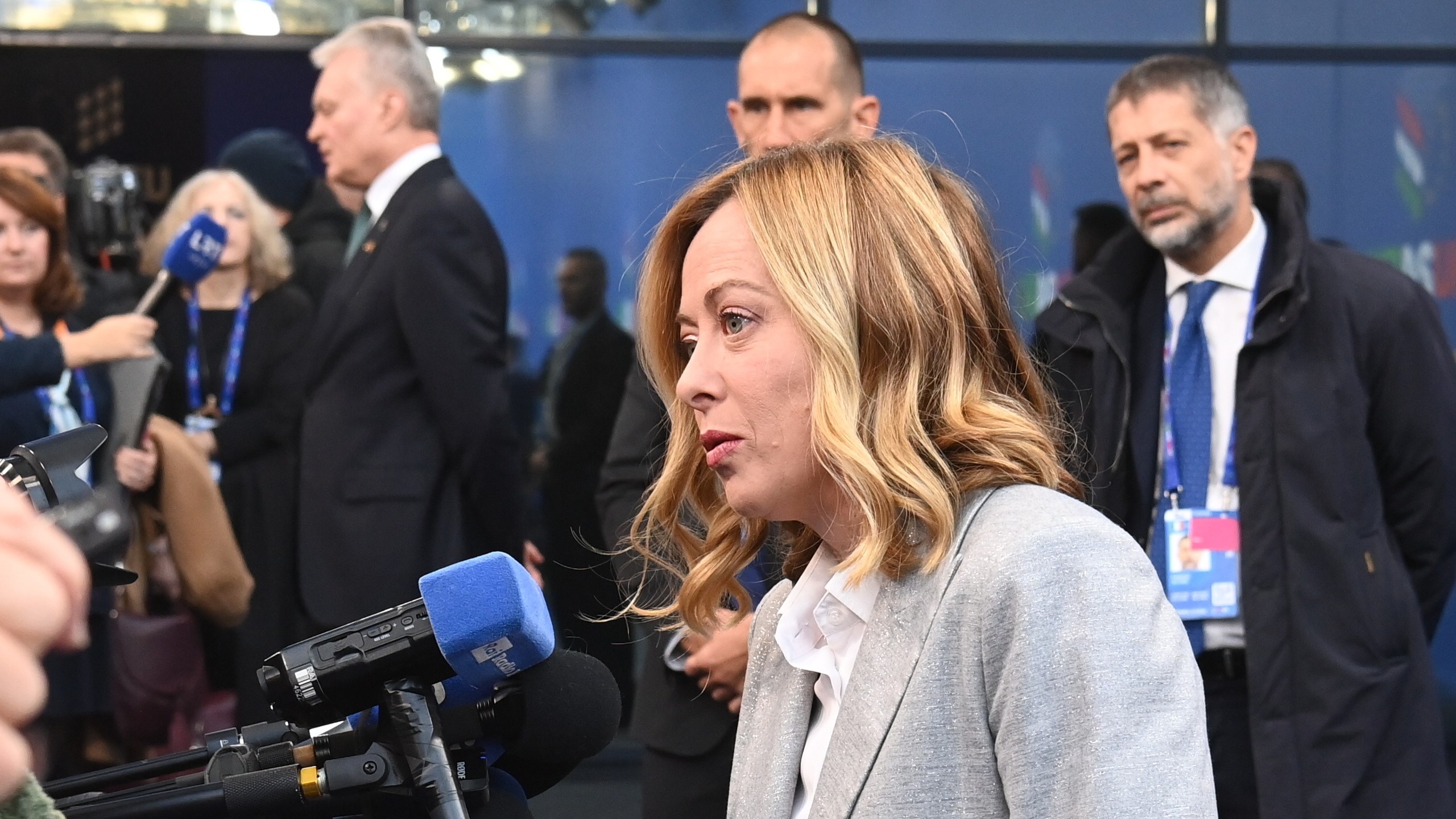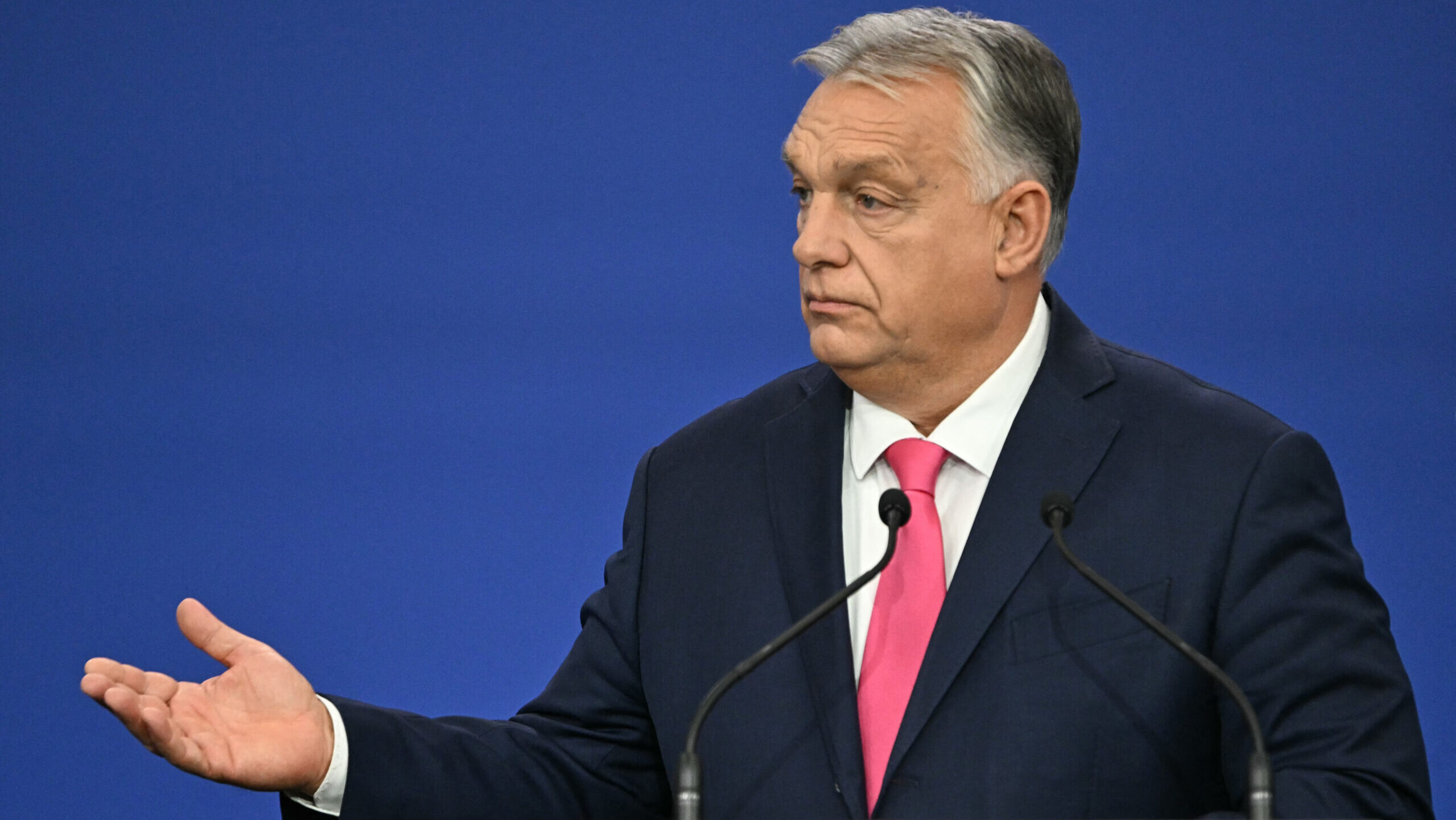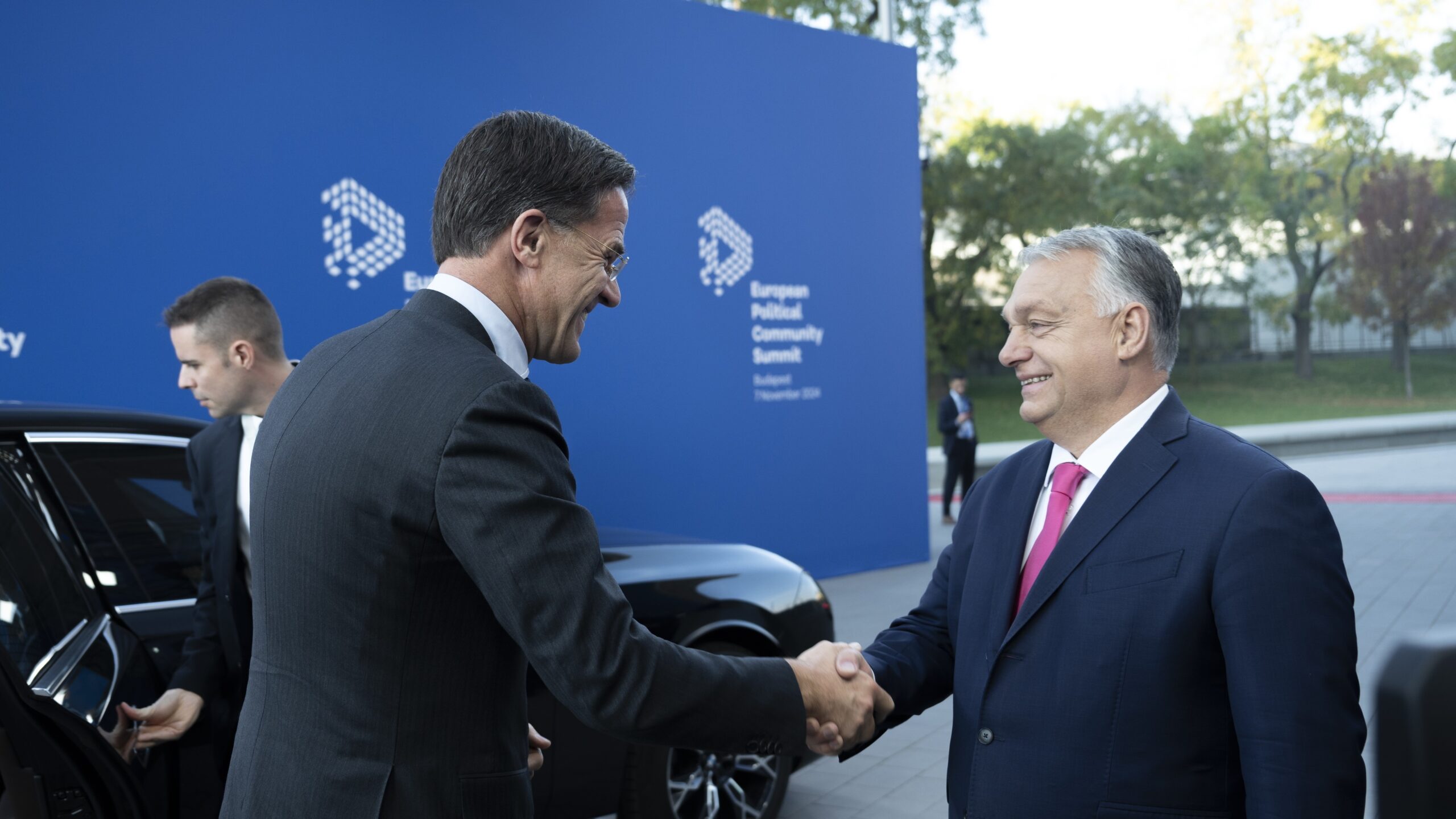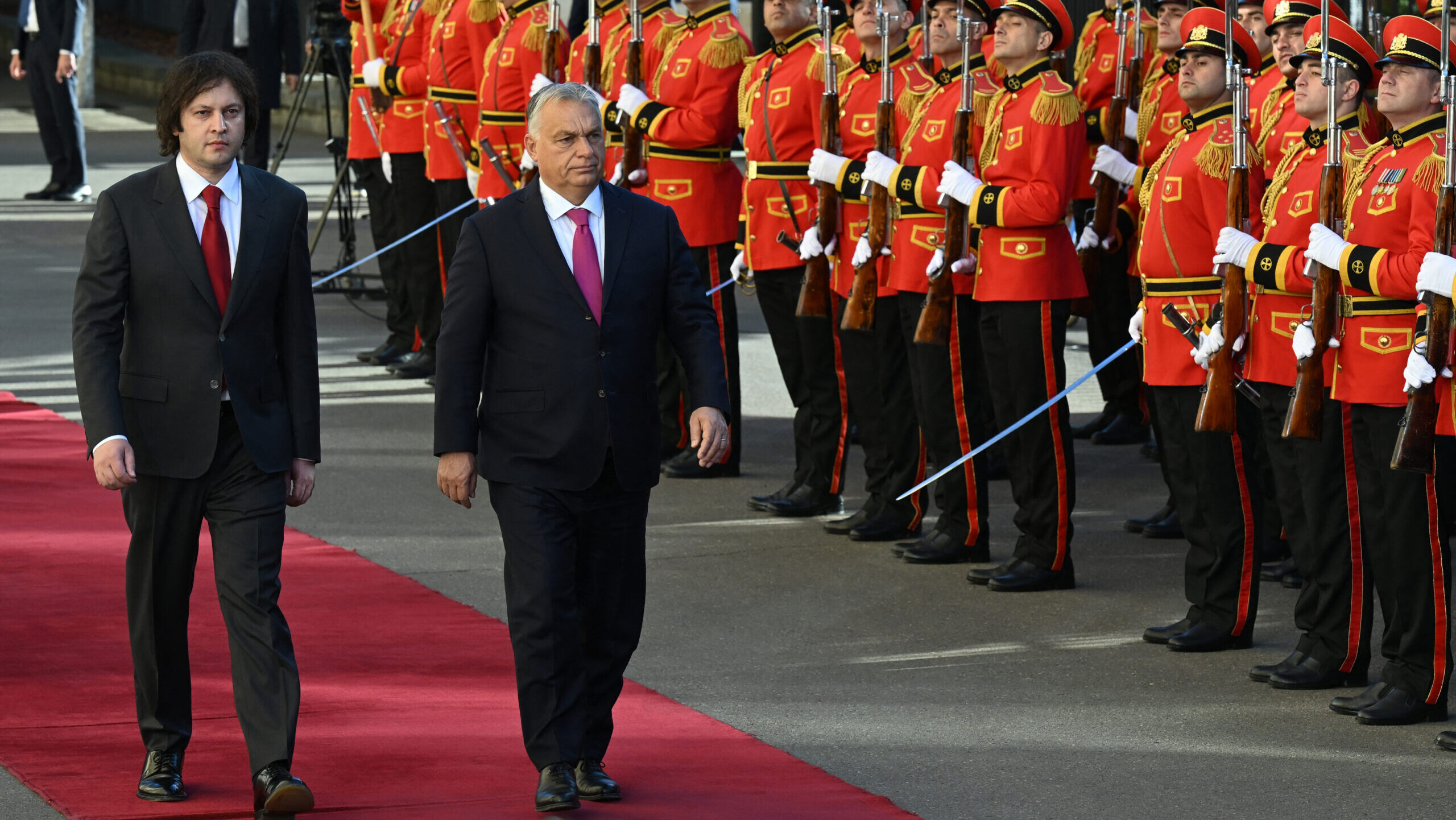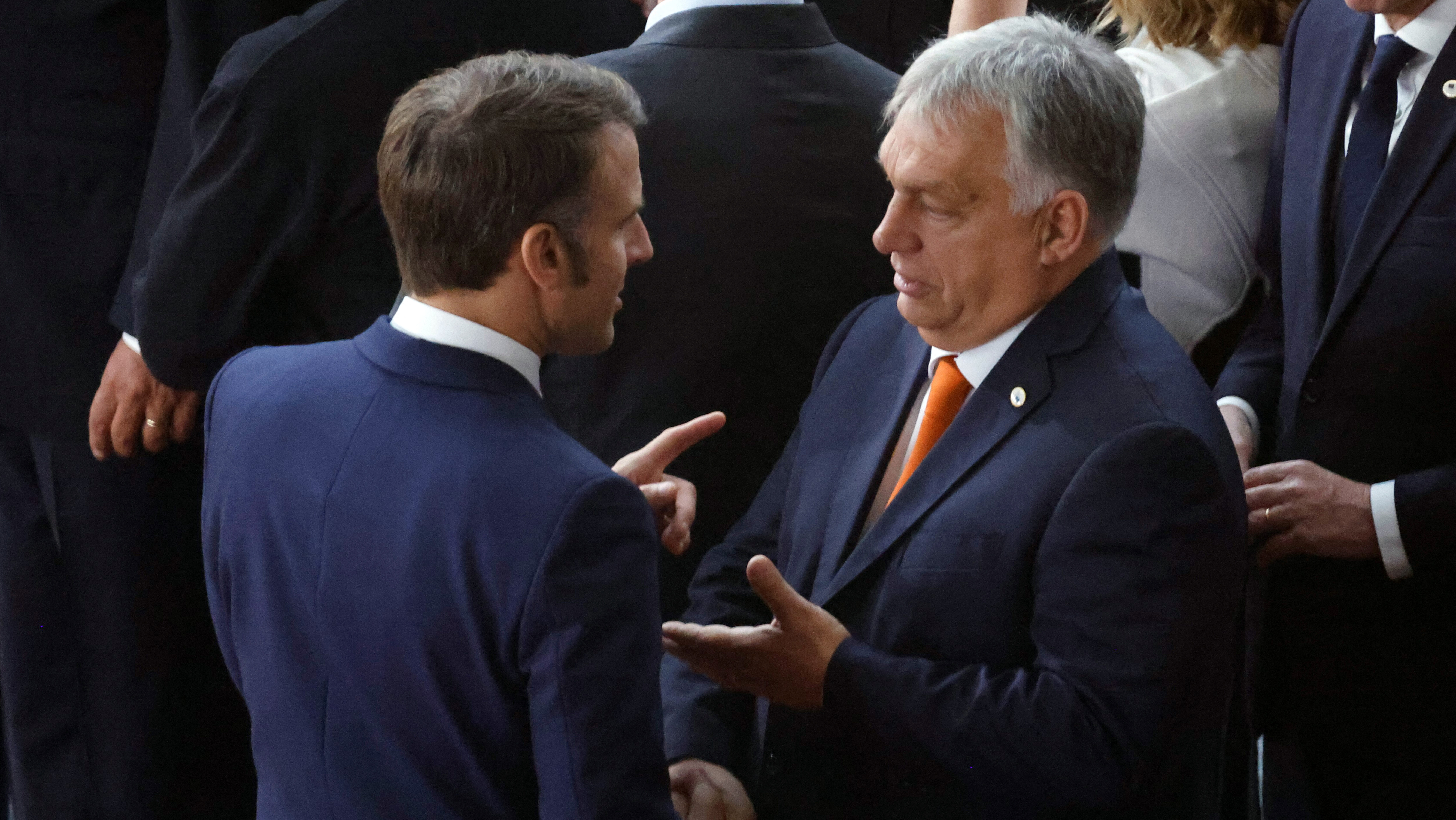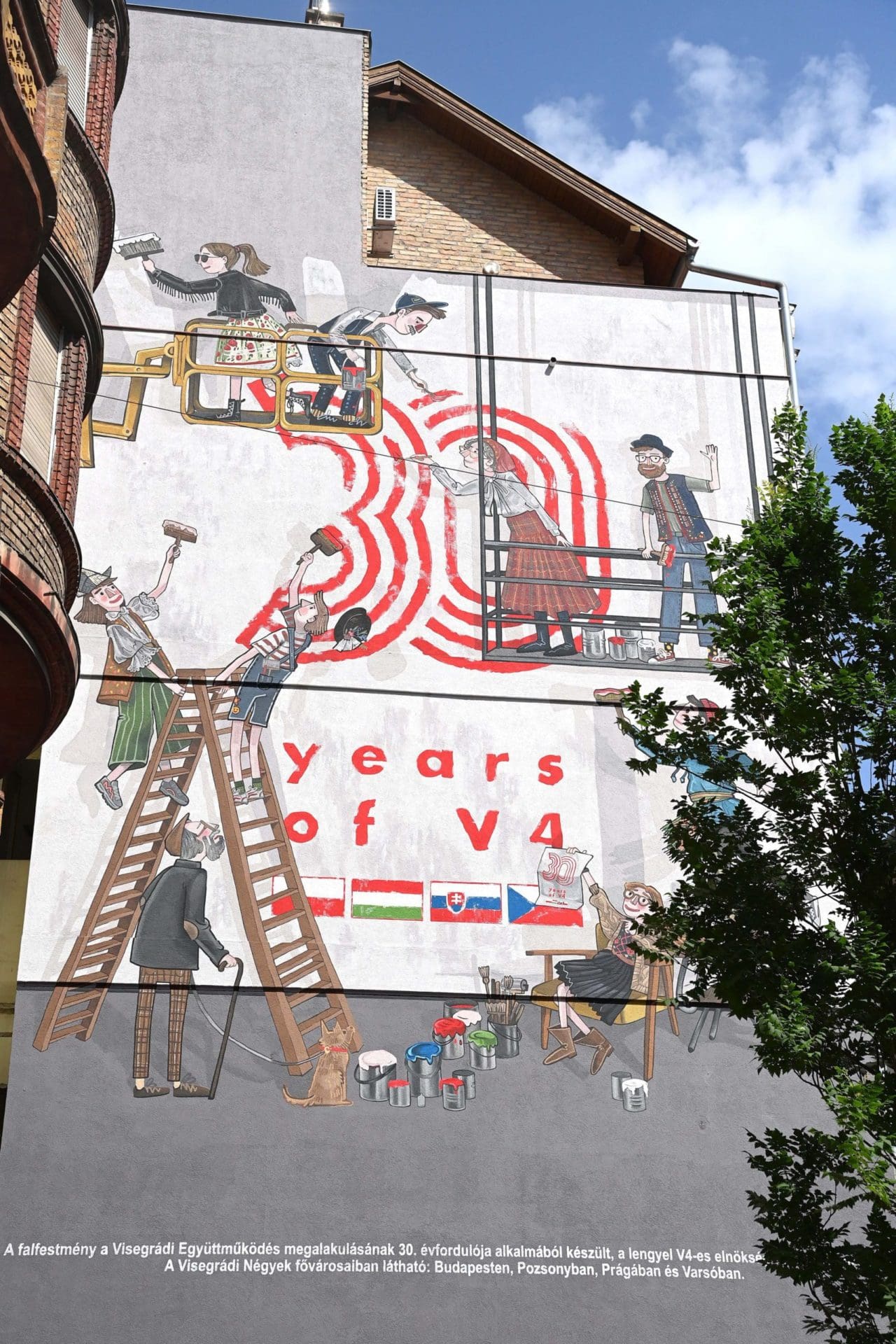
The V4 within European Structures
In the last decade, both Poland and Hungary have been actively formulating European policy; however, this duo is not strong enough without the active support of the Czech Republic and Slovakia. It is also a warning sign that the loudest criticisms of Hungary and Poland can often be heard from inside the V4.

